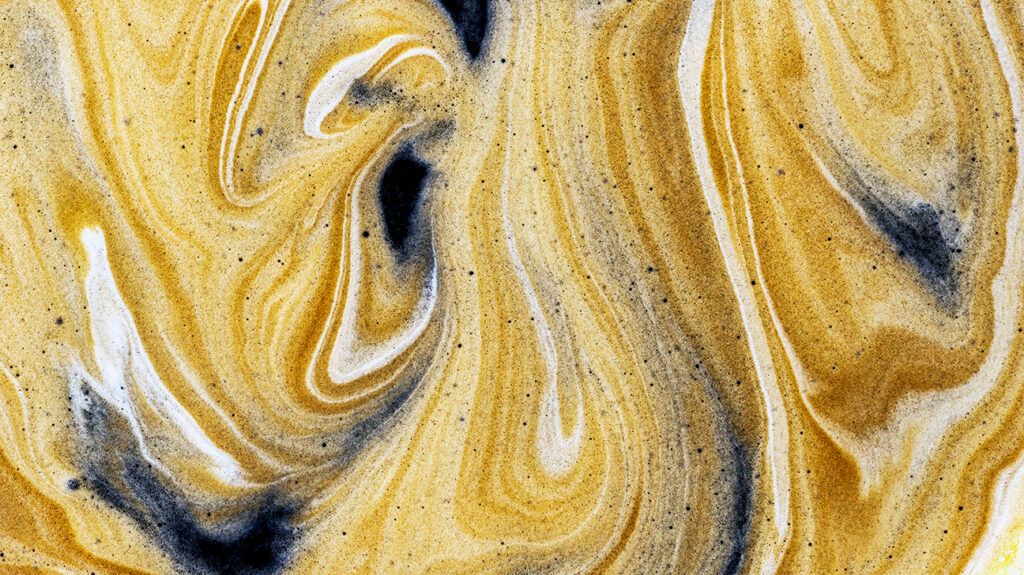Central nervous system (CNS) stimulants are substances that boost the activity of the central nervous system.
CNS stimulants can help treat conditions such as attention deficit hyperactivity disorder (ADHD), depression, and narcolepsy, which causes excessive sleepiness.
However, people may also use them to improve exercise performance and for recreational purposes. The Food and Drug Administration (FDA) does not approve the drugs for these uses.
Examples of CNS stimulants
This article looks at some common types of CNS stimulants, when a doctor might prescribe them, and possible adverse effects.

CNS stimulants are drugs that
CNS stimulants work
For instance, amphetamines raise levels of norepinephrine and dopamine in the body, while caffeine disrupts the way the body uses adenosine. Adenosine causes drowsiness. By reducing adenosine activity, caffeine increases energy levels.
Doctors prescribe CNS stimulants to treat a range of conditions, such as:
- ADHD
- narcolepsy
- asthma
- obesity
- high blood pressure following anesthesia
However, people also use CNS stimulants for other purposes:
- Caffeine can help people stay awake.
- Cocaine, MDMA, ecstasy, and khat are recreational drugs that people may take for their euphoric and other effects.
- Amphetamines may help enhance athletic performance.
Learn more about the long- and short-term effects of the ADHD medication Ritalin.
Here are
| Generic name | Brand name | Uses |
|---|---|---|
| armodafinil | Nuvigil | narcolepsy, shift sleep disorders, obstructive sleep apnea (OSA) |
| modafinil | Provigil | sleep disorders |
| solriamfetol | Sunosi | narcolepsy and OSA |
| pitolisant | Wakix | sleepiness and cataplexy, which involves bouts of muscle weakness |
| atomoxetine | Strattera | ADHD |
| methylphenidate | Ritalin, Concerta | ADHD |
| dextroamphetamine and amphetamine | Adderall | ADHD |
| serdexmethylphenidate and dexmethylphenidate | Azstarys | ADHD |
| methamphetamine | Desoxyn | sometimes prescribed for ADHD |
| pseudoephedrine | Afrinol | a decongestant present in various over-the-counter medications |
Other CNS stimulants include:
- ecstasy or MDMA (amphetamine)
- crystal meth or ice (methamphetamine)
- cocaine
These are not generally suitable as treatment options for any health condition. Used recreationally, they are not monitored, and their use can lead to severe adverse effects, dependence, and death.
It is important to note that they are not FDA-approved substances.
CNS stimulants can have adverse effects. A number of these drugs carry a boxed warning due to the risk of overdose, dependence, and other unwanted effects.
The adverse effects of CNS stimulants will depend on various factors, including which substance it is, how the person uses it, and other health conditions they may have.
In general, the use of CNS stimulants
- reduced appetite and weight loss
- headache
- anxiety and jitteriness
- insomnia
- pruritus, or itching
- rapid or irregular heartbeat
- sweating, which can lead to dehydration
More severe adverse effects include:
Anyone who experiences severe adverse effects needs urgent medical attention, as they can quickly become fatal.
When a doctor prescribes a medication containing a CNS stimulant, they will likely recommend regular monitoring to manage or help prevent possible adverse effects.
A doctor may not prescribe CNS stimulants to the following people due to the increased risk of adverse effects:
- those with a history of cardiac problems, including high blood pressure
- people with untreated hyperthyroidism or glaucoma
- children under
12 years of age — although Ritalin, for instance, is suitable for children as young as 6 years - those who are pregnant
- people with a history of adverse effects or susceptibility to CNS stimulants
Learn more about the side effects of Provigil.
Here are some questions people often ask about CNS stimulants.
What are some examples of CNS stimulants?
CNS stimulants include a wide variety of substances, ranging from methylphenidate (Ritalin), which is an ADHD drug, to caffeine and cocaine.
What is the most frequent use of CNS stimulants?
Caffeine is the
How do CNS stimulants help people with ADHD?
CNS stimulants can
Learn more about ADHDFind out more about ADHD, symptoms, treatment options, and more from our dedicated hub.
CNS stimulants are substances that increase the activity of the CNS by either boosting the levels of certain brain chemicals or blocking the activity of others.
They range from caffeine to treatments for various medical conditions, such as ADHD. They also include the recreational drugs cocaine and ecstasy.
Anyone whose prescription contains a CNS stimulant should follow a doctor’s instructions with care, as adverse effects can sometimes arise.
